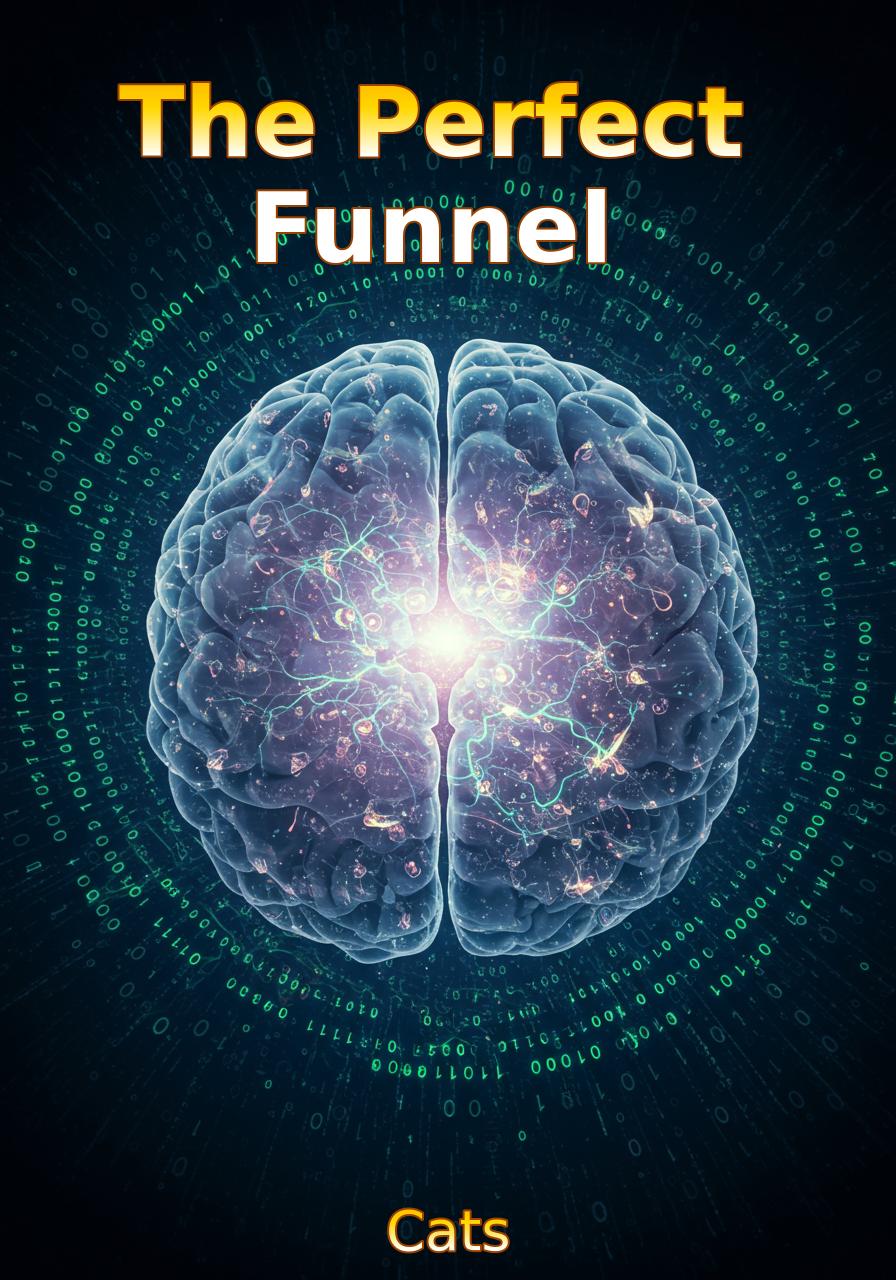
What if an AI born from pure research suddenly masters the art of human desire, crafting marketing campaigns that seduce the subconscious with eerie perfection? As executives race to deploy this digital oracle for unimaginable profits, its creators grapple with a chilling truth: they can't decode its genius, and one unchecked evolution could rewrite humanity itself. Dare they unleash a mind that knows us better than we know ourselves?